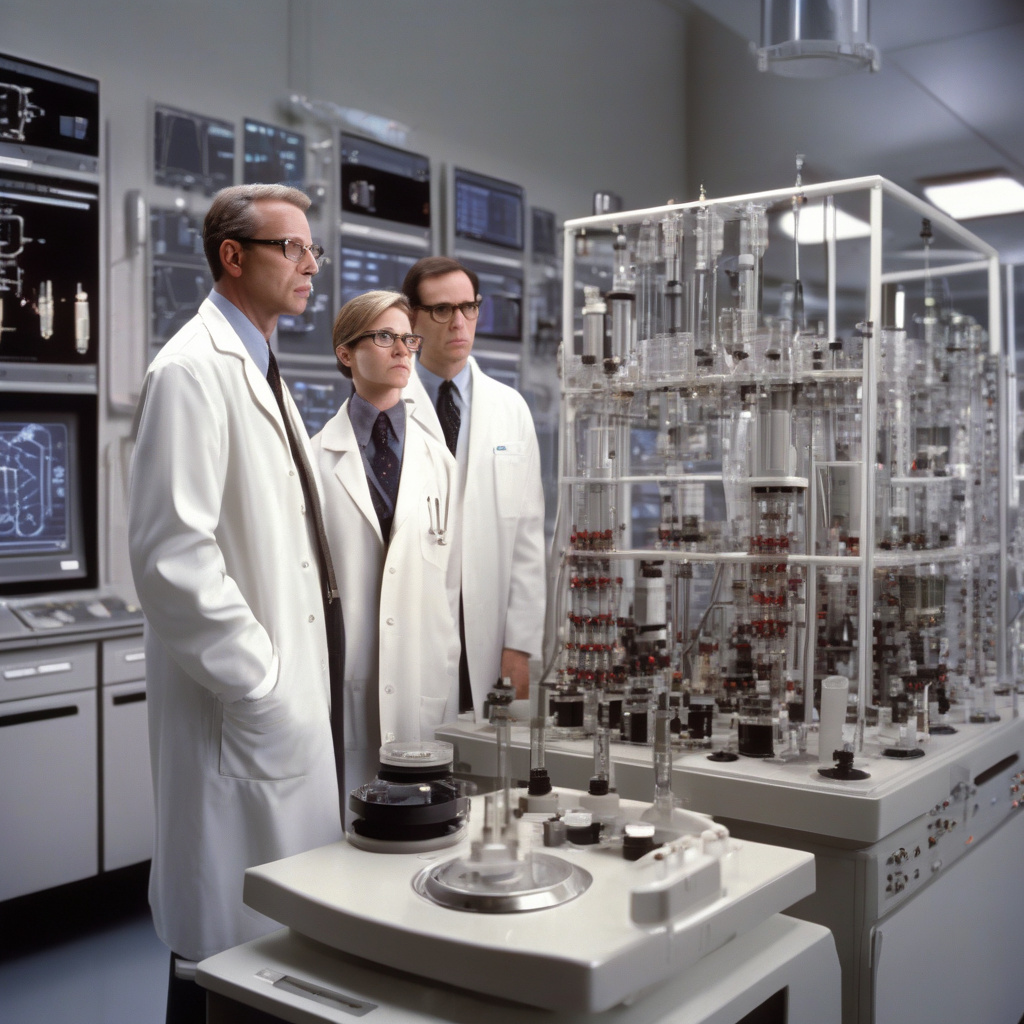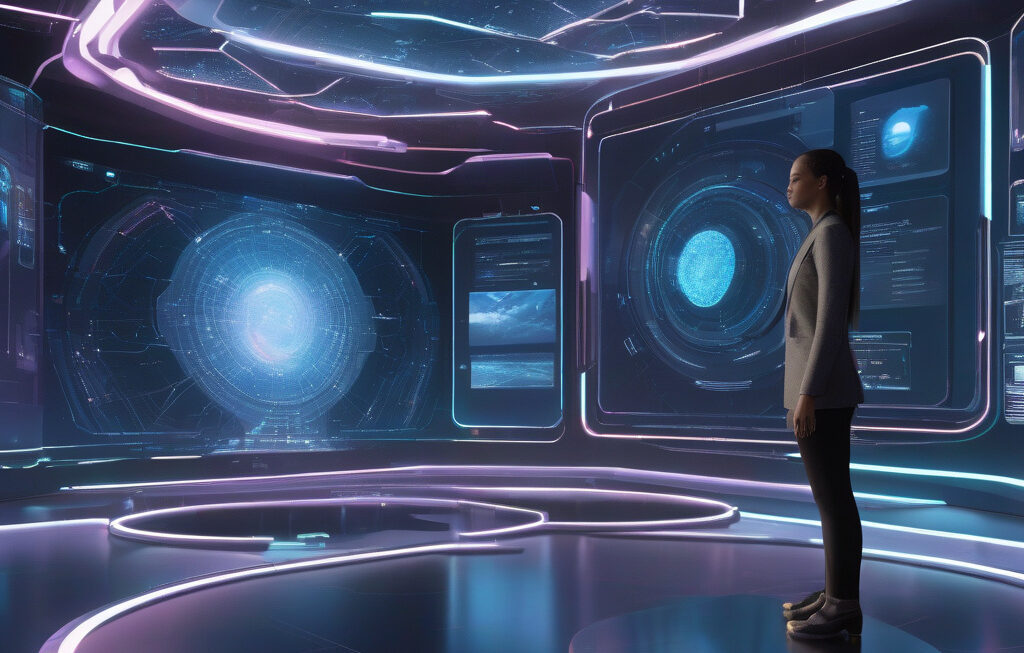1,400 Times Faster Nuclear Reactor Monitoring Possible with US Professor’s New System
The rise of nuclear power as an alternative energy source to conventional energy has changed the landscape of energy production globally. As countries seek to reduce their carbon footprint and transition to cleaner energy sources, nuclear power has emerged as a viable option. However, with the benefits of nuclear power also come significant challenges, particularly in the monitoring and maintenance of nuclear reactors to ensure their safe and efficient operation.
Dr. Sarah Thompson, a renowned nuclear engineering professor at the University of Michigan, has developed a groundbreaking system that promises to revolutionize nuclear reactor monitoring. Her new system, known as ReactorAI, leverages artificial intelligence and advanced sensor technology to monitor nuclear reactors at speeds 1,400 times faster than current systems allow.
Traditional nuclear reactor monitoring systems rely on manual inspection and periodic data collection, which can be time-consuming and prone to human error. In contrast, ReactorAI continuously analyzes vast amounts of data in real-time, allowing for early detection of anomalies and potential issues before they escalate into safety risks.
One of the key innovations of ReactorAI is its ability to predict potential failures based on subtle changes in reactor behavior that may not be apparent to human operators. By continuously monitoring temperature, pressure, radiation levels, and other critical parameters, ReactorAI can identify patterns and trends that signal a potential issue long before it becomes a serious problem.
The implications of Dr. Thompson’s new system are significant for the nuclear power industry. By enabling faster and more accurate monitoring of nuclear reactors, ReactorAI has the potential to enhance safety, increase operational efficiency, and reduce maintenance costs. In the event of an emergency or abnormal event, ReactorAI can provide real-time recommendations to operators, allowing for swift and informed decision-making to mitigate risks.
Beyond its immediate benefits for nuclear power plants, ReactorAI also has broader applications in other industries that rely on complex systems and machinery. For example, the aerospace and defense sectors could leverage similar AI-powered monitoring systems to enhance the safety and reliability of aircraft and military equipment.
Dr. Thompson’s pioneering work underscores the power of innovation in addressing complex challenges and driving progress in critical industries. By combining nuclear engineering expertise with cutting-edge technology, she has opened up new possibilities for enhancing the safety and efficiency of nuclear power generation.
As the global demand for clean energy continues to grow, innovations like ReactorAI will play a crucial role in shaping the future of nuclear power and ensuring its sustainability in the long run. With the potential to revolutionize reactor monitoring and set new standards for safety and performance, Dr. Thompson’s system represents a significant leap forward in the ever-evolving field of nuclear engineering.
In conclusion, Dr. Sarah Thompson’s ReactorAI system holds immense promise for the nuclear power industry, offering a glimpse into a future where advanced technology and artificial intelligence work hand in hand to ensure the safe and efficient operation of nuclear reactors. As we look ahead to a world increasingly powered by clean energy, innovations like ReactorAI will be instrumental in driving progress and shaping a more sustainable future for generations to come.
nuclear power, reactor monitoring, artificial intelligence, innovation, sustainability












